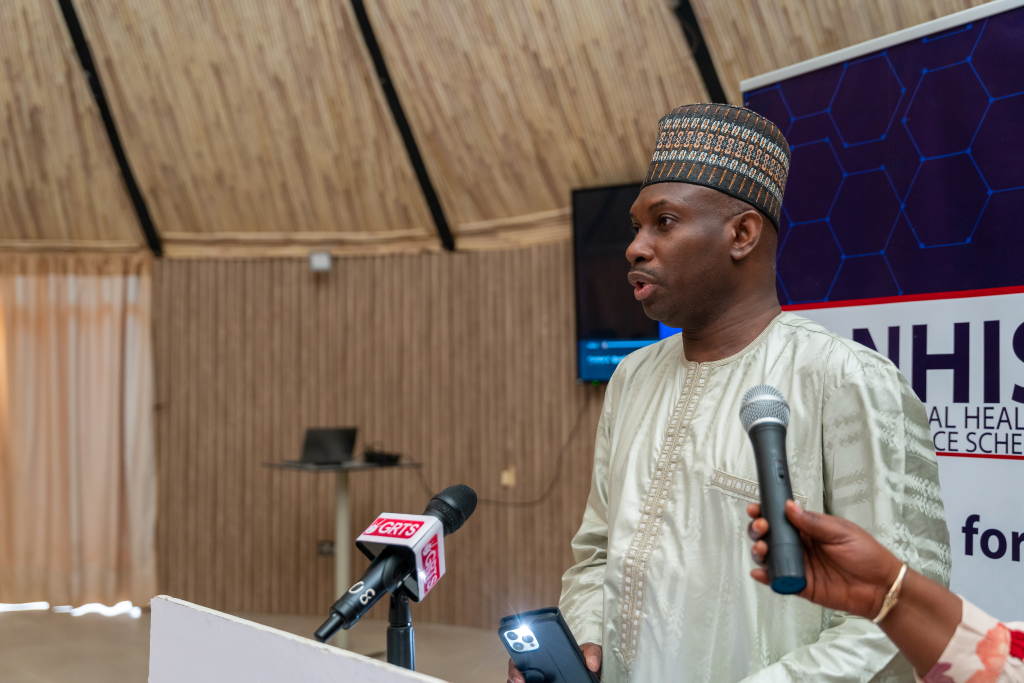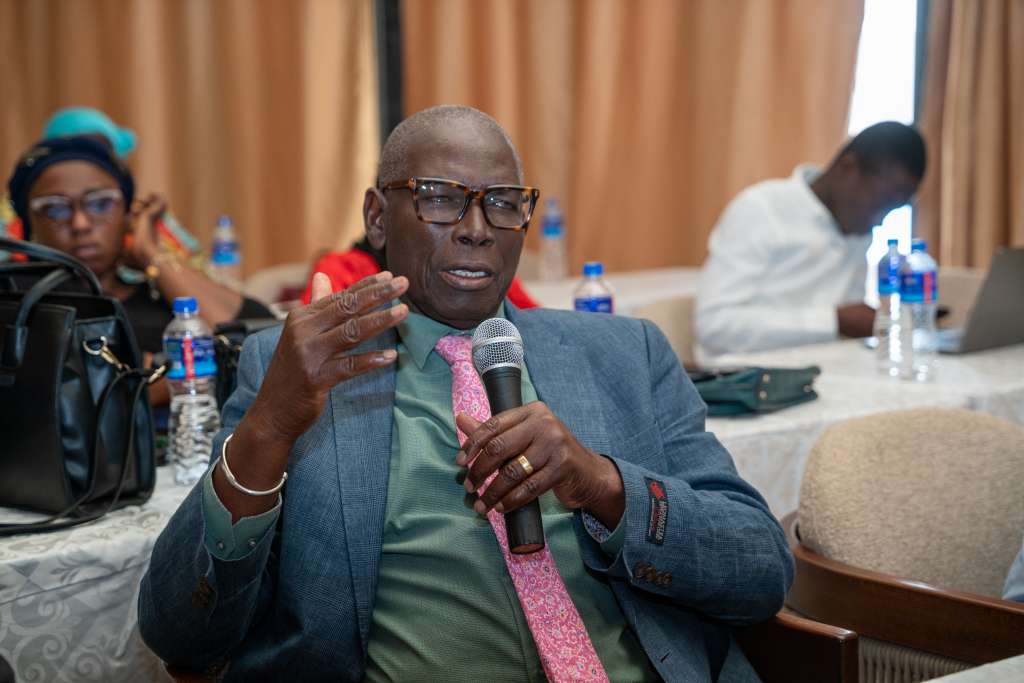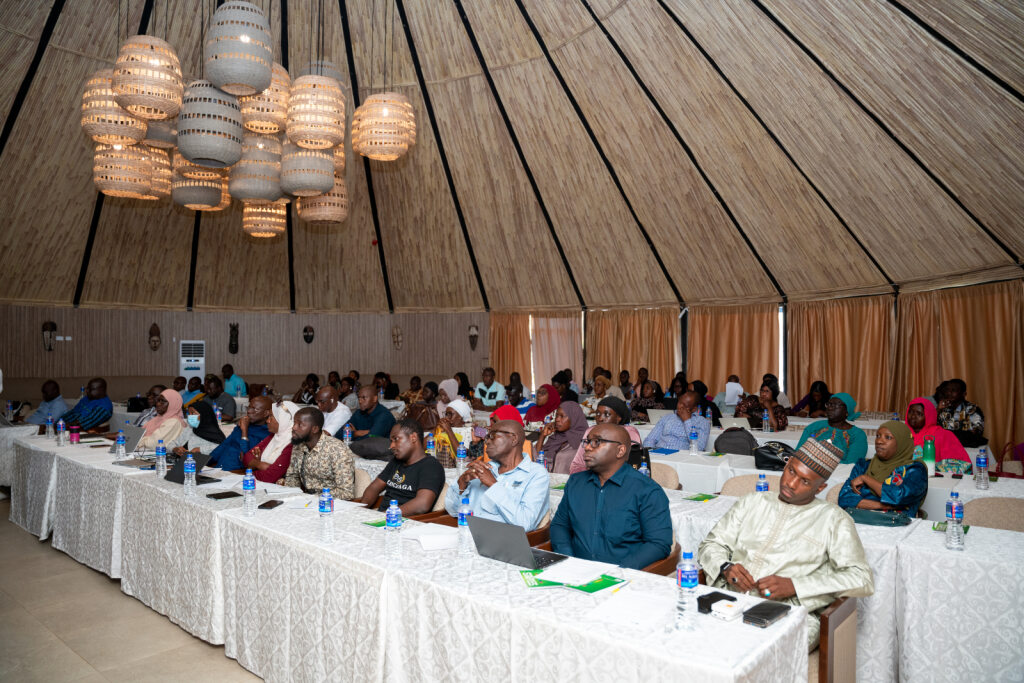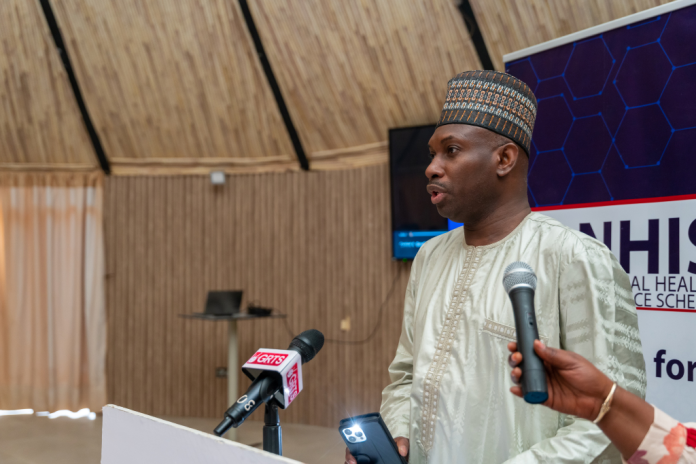Gambia Closer to NHIS Rollout Through Tariff Negotiation, Consensus Building
By Ndey Sowe

In a landmark step toward transforming healthcare in The Gambia, the National Health Insurance Authority (NHIA) convened a three-day workshop on Tariff Negotiation and Consensus Building from April 23 to 25, 2025, at the Kombo Beach Hotel in Kotu. The session marked a critical milestone in laying the groundwork for the rollout of the National Health Insurance Scheme (NHIS).
The workshop served as a crucial platform for forging agreements on fair and sustainable tariff structures, a foundational element of the NHIS designed to ensure equitable healthcare access for all Gambians. At the heart of the process was Professor Chola Lumbwe, a seasoned consultant from Zambia, who provided technical expertise throughout the deliberations.
Bai Mass Saine, Chief Executive Officer of NHIA, underscored the significance of the discussions. “Health insurance is not just about figures and frameworks,” he said. “We are talking about the peace of mind a family feels knowing help is available when illness strikes, about the dignity every citizen deserves when walking into a health facility, and about ensuring no one is left behind because of financial limitations.”
Saine emphasized that NHIA’s mandate extends beyond shaping policy.

“Our mandate is to build trust between service providers, government, and most importantly, the people we serve. But that trust can only exist if the foundation we lay today is both fair and sustainable,” he stated.
He called on participants to fully engage, challenge existing perspectives, and bring their individual expertise to the table.

“The success of the National Health Insurance Scheme depends on the consensus we build at this workshop — and the spirit of partnership we carry forward beyond this room. Let’s make this workshop not just another item on our schedules, but a turning point in how healthcare is valued and delivered across The Gambia,” he outlined.
Medical tariffs, the prices healthcare providers charge for their services, form a central component of any national insurance scheme. In The Gambia’s context, the development of these tariffs takes into account several complex factors: the cost of delivering care, affordability for patients, financial sustainability for providers, and the impact of pricing on equitable access to services.

The workshop concluded with a set of strategic recommendations: prioritizing high-impact interventions, diversifying revenue sources, strengthening monitoring and evaluation, building institutional and technical capacity, undertaking policy and regulatory reforms, refining the tariff structure, improving data quality and analysis, and ensuring greater equity and accessibility across the healthcare system.
This consensus-building effort represents not just a bureaucratic step but also a meaningful stride towards universal health coverage in The Gambia, a commitment to dignity, equity, and resilience in national healthcare.


















